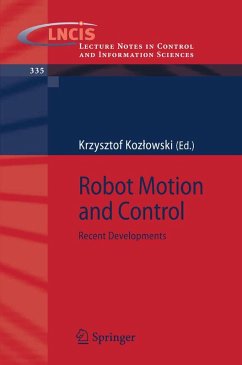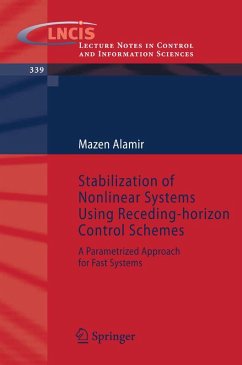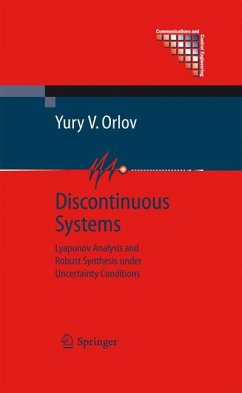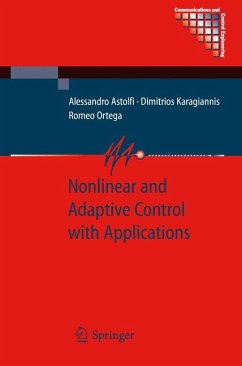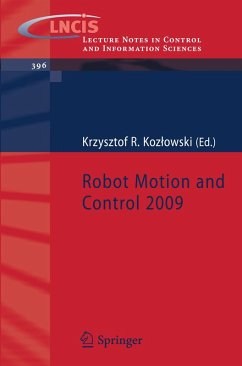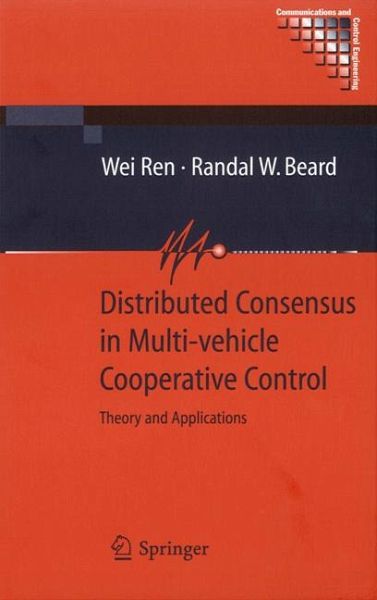
Distributed Consensus in Multi-vehicle Cooperative Control (eBook, PDF)
Theory and Applications
Versandkostenfrei!
Sofort per Download lieferbar
128,95 €
inkl. MwSt.
Weitere Ausgaben:

PAYBACK Punkte
64 °P sammeln!
Information consensus guarantees that robot vehicles sharing information over a network topology have a consistent view of information critical to the coordination task. Assuming only neighbor-neighbor interaction between vehicles, this monograph develops distributed consensus strategies designed to ensure that the information states of all vehicles in a network converge to a common value. This approach strengthens the team, minimizing power consumption and the effects of range and other restrictions.The monograph covers introductory, theoretical and experimental material, featuring - an overv...
Information consensus guarantees that robot vehicles sharing information over a network topology have a consistent view of information critical to the coordination task. Assuming only neighbor-neighbor interaction between vehicles, this monograph develops distributed consensus strategies designed to ensure that the information states of all vehicles in a network converge to a common value. This approach strengthens the team, minimizing power consumption and the effects of range and other restrictions.
The monograph covers introductory, theoretical and experimental material, featuring - an overview of the use of consensus algorithms in cooperative control; - consensus algorithms in single- and double-integrator, and rigid-body-attitude dynamics; - rendezvous and axial alignment, formation control, deep-space formation flying, fire monitoring and surveillance.
Six appendices cover material drawn from graph, matrix, linear and nonlinear systems theories.
The monograph covers introductory, theoretical and experimental material, featuring - an overview of the use of consensus algorithms in cooperative control; - consensus algorithms in single- and double-integrator, and rigid-body-attitude dynamics; - rendezvous and axial alignment, formation control, deep-space formation flying, fire monitoring and surveillance.
Six appendices cover material drawn from graph, matrix, linear and nonlinear systems theories.
Dieser Download kann aus rechtlichen Gründen nur mit Rechnungsadresse in A, B, BG, CY, CZ, D, DK, EW, E, FIN, F, GR, HR, H, IRL, I, LT, L, LR, M, NL, PL, P, R, S, SLO, SK ausgeliefert werden.





